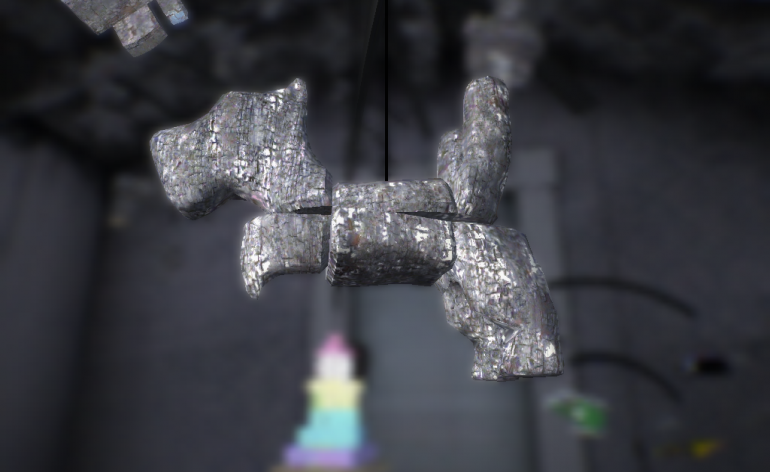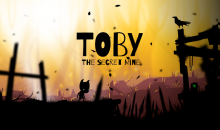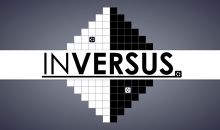Lost Toys – A beautiful and calming puzzle game
After a hectic holiday season and a ridiculous number of sales on my favorite game selling sites, I found myself with a severe case of choice paralysis. Thankfully Barking Mouse Studios came to the rescue with a review copy of their upcoming game, Lost Toys. I had the opportunity to try it out for the first time back on the floor of the PAX Indie Minibooth a few months ago and wrote about it then. It’s the perfect game to help wind down after a stressful day.
Lost Toys is a beautiful and relaxing puzzle game in the purest form. The premise is exceptionally straightforward: you are presented with a broken and charred wooden toy. Through rotating and twisting (think Rubik’s Cube) the object, you restore it back to its proper shape. When you do so, the toy is renewed and you move on to the next puzzle. This is a game about peace and restoration; bringing to life the once damaged memories of childhood. Perhaps that’s a bit too deep for a puzzle game, but I’m more than happy for the change of pace from my normal “shoot everything that moves” gaming habit.
The only hint of pressure that you’ll find is the restriction on the number of moves you are allotted in which to solve each puzzle. Even then, there’s a hint option that will help you along your way should you find yourself stuck. There’s no punishment for using it, so don’t beat yourself up if you can’t quite figure out that first vital move. I managed to stress myself out over one puzzle in chapter 3 before I realized that nobody is judging me for pressing the hint button. Really, that’s the point: no timers, no score, and no judgment. The puzzles are randomly created, so if you’re having too much trouble you can exit and start again with a new configuration.
The soundtrack is a very relaxing piano piece from Peter Rudenko’s 15 Etudes. It compliments the mood of Lost Toys perfectly. While it is very relaxing, it can also become very repetitive if you plan on sitting down to marathon through the game. I certainly don’t suggest that approach, but people will game however they see fit.
One of the most beautiful aspects of Lost Toys is the use of the forced perspective on each puzzle. From the beginning of chapter one, you can see that the game is taking place in a damaged and mostly empty room. As you complete each new puzzle, you are allowed more glimpses of your surroundings. What’s more, as you restore more and more toys, the environment around you also recovers and becomes more pleasant.
“The game’s story is a personal experience. As the developers, both Jim [Flemming] and I have our own interpretations because we experience the world differently. In the same way, the player gets to determine what the game means for themselves and hopefully they will come away with feeling that the world is a slightly bigger and slightly odder place than they thought.” – Danielle Swank
While this may not be a game for the masses, Lost Toys will definitely find an audience that will appreciate the simplicity, beauty, and calming atmosphere that it provides. It has turned my bus commute into a sort of zen retreat. Sure, it can’t make the bus smell better, but that’s not the game’s fault. I encourage anyone that’s looking for a wonderfully refreshing game experience with no pressure or competition to pick up this title. Lost Toys launches Thursday, January 9th for iOS systems.






